Becoming Like Christ: Where is Our Security in a Year of Loss?
Tuesday, March 16
----------------------------
Becoming Like Christ:
Where is Our Security in a Year of Loss?
Psalm 107
Kristen Wallace Pierce
In Psalm 107, the people of God find themselves struggling. They feel abandoned, and all the aspects of daily life that bring a sense of security are missing. Their homes, jobs, community, sometimes even their lives, have been threatened or taken away. They are frustrated and they yearn for a return to normal.
Sound familiar?
Our world is grieving. We are grieving our loss of time together, our sense of normalcy, our freedom, and for many of us our livelihoods. Many of us have friends or family members who have died alone, their lives still not yet celebrated. We are isolated and the darkness is overwhelming.
Our understanding of security has been shaken to the core. We are told that a mask will keep us safe, a vaccine will keep us safe, washing hands and distancing will keep us safe.
But how do we really experience security during a chaotic pandemic? How do we feel safe when we have lost so much? Especially when our losses are severe and complicated and lasting. Where is our security?
The psalmist describes a group desperately in need of comfort – of food, water, and shelter. Most importantly, they need hope and a way out of the darkness. And in verse 13 we read, “Then they cried to the Lord in their trouble, and he saved them from their distress.”
Psalm 107 tells us that when we cry out to God, God is listening, and will provide all that we need. I have found this to be true in my own life, but never in the ways that I thought, much less on a timetable that I preferred.
Like many of you, I have struggled in this pandemic. A year ago, I was in the middle of chemotherapy, alone without the usual support system of church and isolated from most of my family, and I felt like I was drowning. I was in exile. The things that had brought security and hope to my life were nowhere to be found.
I had lost my physical and emotional strength, and I was a miserable mess. Just like the people of Judah, I was truly “in the hand of the foe.” I needed God’s security, but it was elusive at best.
As the days passed, I would curl up in the recliner feeling like an unhappy, frustrated child. A child that could not put into words all that was wrong in my life. I would climb up into the lap of God and simply say, “Hold me, I just need you.” And I would rest.
My situation did not necessarily change, I still felt awful, but my heart did change, eventually. I found the comfort and security I was longing for, even in my sadness.
It seems that we don’t realize that our security rests only in God until all other security is absent. The people of Judah lost their commonly sought forms of security, their livelihoods, their work, the things they relied on to make them feel secure. Maybe you have too.
It was only then that the people realized that true security rested in their relationship with God. For us, “normal,” “safe,” and “secure” were pulled out from under us. Psalm 107 reminds us that this has happened to God’s people before, and the psalm tells us what they learned.
God eventually rescued the people of Judah from their despair, but they were not unchanged. They still had the scars left by their experiences. Their losses were still real, and I’m sure they still felt them. That’s us too.
So for me, one of the most important parts of Psalm 107 is found in verse 2: “Let the redeemed of the Lord tell their story.”
When the time is right, and we are in community again, we must take the time to share our stories. We need to lament together as the body of Christ, and not ignore all we have been through. We need to remember the time and the people we have lost, and we need to share our scars. Honoring each other’s stories will help us heal.
During Lent, I encourage you to think about your journey. Where was your darkness? How did you find God? What will you share when we are all together again? I look forward to telling you my story, and to hearing yours.
About “Becoming Like Christ” (Weekly Lenten Reflections)
In 2019, we developed a 7-week long series packed full of devotions called “Exploring Humanity and Divinity.” It was about wrestling with our humanity as we seek to be transformed into the likeness of Christ.
After a tumultuous last year, and with tensions high on political, cultural, and social levels, it seems that “wrestling” is just as relevant today as it was two years ago.
In that spirit, we believed it would be healthy to resurrect a similar theme to this year’s Lenten devotional series: Becoming Like Christ.

